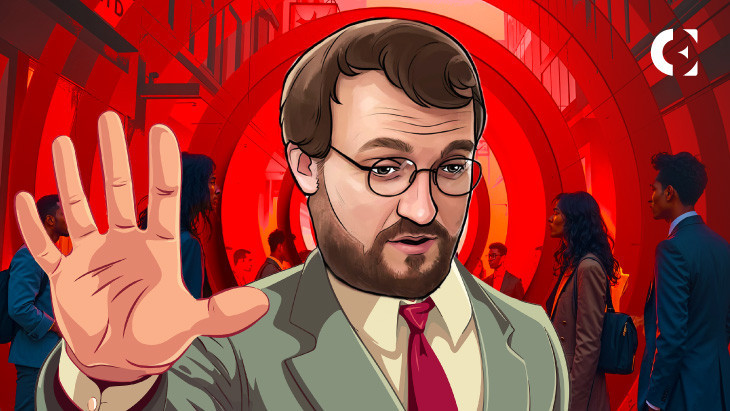Charles Hoskinson, the founder of Cardano, found himself in the middle of controversy after a social media post discussing a meme coin. A few crypto enthusiasts say his mention of the token caused a buying frenzy, which turned out to be a loss for those who invested.
Critics pointed out that Hoskinson’s influence as a blockchain leader carries weight, even when he doesn’t intend to endorse a project. This incident raises questions about responsibility in the blockchain industry, particularly for prominent figures who can influence investor behavior.
I didn't tell people to buy it, and if that was how they took my tweet, then they are frankly stupid. I said, Degens going to Degen to point out the absurdity of the memecoin culture.
— Charles Hoskinson (@IOHK_Charles) October 31, 2024
Own your own mistakes
Alleged Rug Pull and Community Reactions
Following Hoskinson’s post, which potential investors saw as an endorsement, the token’s creator allegedly executed a “rug pull,” causing the coin’s price to plummet.
Read also: Hoskinson: “I Didn’t Sell My ADA” – Cardano Price Struggles Continue
Detractors believe Hoskinson should have known how his words could influence buying decisions and that his platform comes with responsibility, especially when commenting on speculative assets like memecoins.
Accountability Within Crypto
This incident has fueled the debate over accountability in the crypto world. Hoskinson’s critics think he should take responsibility for the impact of his words.
In contrast, supporters argue that investors should be responsible for their own decisions and conduct their own research. Blockchain tools like TapTools could have revealed red flags, such as the token’s creator allegedly holding a large share of the supply and having a history of suspicious projects.
A Divided Community: Supporters vs. Detractors
Hoskinson’s supporters insist that investors must accept responsibility for their own choices. Many argue that his post simply highlighted the speculative nature of memecoins.
However, his critics believe he should have been more mindful of the influence his tweets hold, as even a casual mention could signal a project’s credibility to inexperienced investors.
Disclaimer: The information presented in this article is for informational and educational purposes only. The article does not constitute financial advice or advice of any kind. Coin Edition is not responsible for any losses incurred as a result of the utilization of content, products, or services mentioned. Readers are advised to exercise caution before taking any action related to the company.
 coinedition.com
coinedition.com
